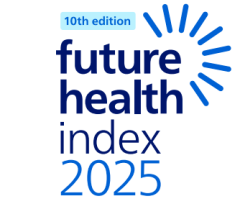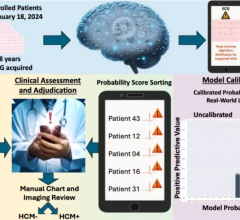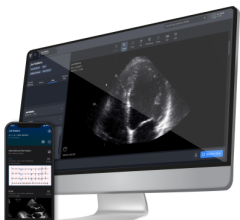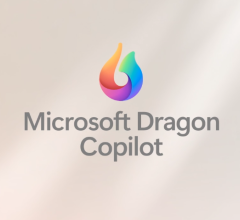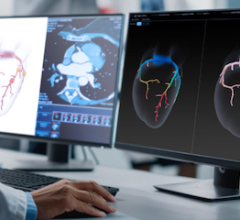
A new algorithmic module from OEM ultrasound AI software vendor RSIP Vision provides automated expert-level assessment of heart function from parasternal long axis view for point of care medical teams.
January 8, 2020 – RSIP Vision has launched a new artificial intelligence (AI) ultrasound module that enables fast and accurate point-of-care heart evaluations. This includes onsite diagnostic from the parasternal long axis (PLAX) view. This new vendor-neutral technology will be available to third-party ultrasound manufacturers and medical devices vendors.
“The use of ultrasound imaging plays a crucial role in the diagnosis and treatment of many pathologies,” said Ron Soferman, CEO at RSIP Vision. “It's wide availability at a relatively low cost, with no radiation considerations, makes it the preferred imaging modality across a number of clinical fields. We are pleased to introduce our new module that will aid in the immediate detection of cardiac pathologies. This technology will be useful in a variety of settings across the entire healthcare spectrum, including ER triage and intensive care units, to point-of-care settings and outpatient clinics.”
The new module from RSIP Vision improves point-of-care (POC) echocardiography, which uses sound waves to produce live images of the heart to monitor how it and its valves are functioning. There are several viewing techniques available for the heart and other areas of the body in order to obtain the best angle. For example, the PLAX view, which is an essential part of the point-of-care ultrasound (POCUS) protocol and the easy to acquire permits measurement of the LV size and function, allows evaluation of the valvular function and allows a solid assessment of the hearts overall function.
“We know the use of ultrasound is increasing the ability to quickly evaluate and care for patients with arrhythmias, chest pain and shortness of breath,” said Dr. Rabeeh Fares, radiologist; Department of Diagnostic Radiology, Sourasky Medical Center, Tel Aviv, Israel. “By using point-of-care ultrasonography, one can evaluate a patient’s ejection fraction (EF), how much blood the left ventricle pumps out with each contraction. This process, however, can be both subjective and dependent on the user’s experience. I believe this RSIP Vision innovative AI module will help medical teams make quick and accurate clinical decisions and lower the dependence on teams’ experience.”
RSIP Vision develops advanced AI and computer vision solutions. The company has a multidisciplinary team of more than 50 algorithm experts, computer science engineers, physicists, radiologists, echo specialists and in-house medical annotation teams that research and customize algorithm development to various medical device companies.
For more information: www.rsipvision.com
Related Artificial intelligence Application in Echo and Cardiology:
JAMA Cardiology Article Shows Effectiveness of AI-Guided Ultrasound Software
Mayo Clinic Uses Artificial Intelligence to Help Assess Cardiac Danger From COVID-19
Northwestern Medicine Introduces Artificial Intelligence to Improve Ultrasound Imaging
FDA Clears Ultromics Echocardiography AI for Automated Identification of Coronary Artery Disease
TomTec Releases New Echocardiography Technologies With AI and Auto Quantification
VIDEO: AI-Assisted Automatic Ejection Fraction for Point-of-Care Ultrasound
New Cardiac Diagnostic Tool Helps Automate Point-of-Care Ultrasound Screening
FDA Clears Caption Health AI-assisted Point-of-care Ejection Fraction Evaluation
WEBINAR: Intelligently Efficient Adult Echo Structured Reporting
What is New in Cardiology? A Review of All Major Emerging Technologies for Heart Diseases
Expanded AI-based Echocardiography Analysis and Reporting Added to Konica Minolta Exa Cardio PACS
FDA Clears First AI-Powered Algorithm Suite for Personal ECG Monitoring
More Than 50,000 Children Screened for Congenital Heart Defects Using AI-enabled Stethoscopes


 September 24, 2025
September 24, 2025 
